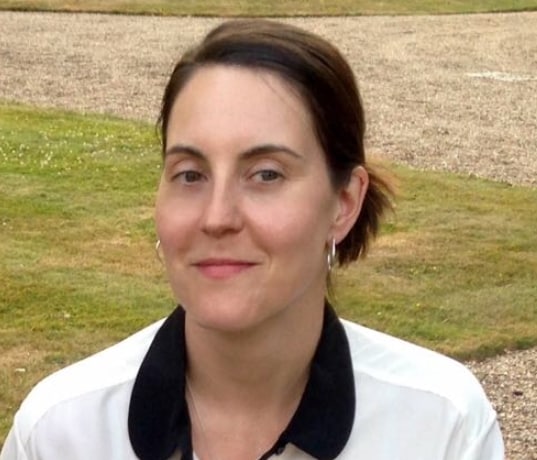Meet the experts
Annabel Willder: Fire and water
It takes the elements of a continent to connect a child to nature. From that grows an awareness of the fragility of our environment and a vocation to understand and protect it.








